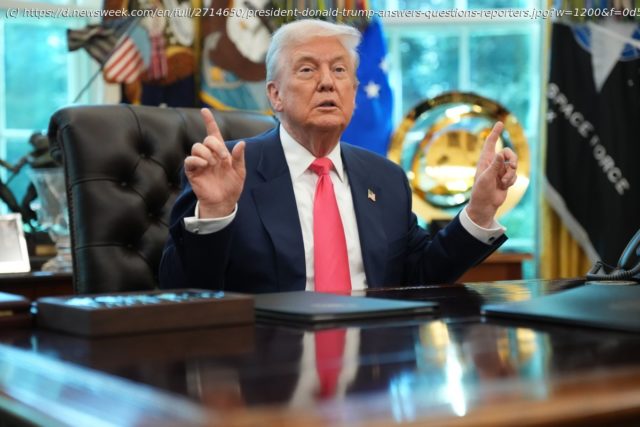Treasury markets, already under strain from persistent deficits and weak auction demand, now face prospect of absorbing the largest unplanned government financing operation in modern history.
President Donald Trump’s sweeping tariff authority suffered another devastating blow, with the Federal Circuit Court of Appeals ruling against his use of emergency powers to impose universal tariffs. The decision all but guarantees Supreme Court review—and when the inevitable final adverse ruling comes down from the high court, likely in summer 2026, American taxpayers could face the largest unplanned government expenditure in modern history: a massive refund bill that could easily exceed $500 billion, plus interest, at precisely the moment when Treasury markets are already showing dangerous signs of stress.
The economic stakes couldn’t be higher, and Trump himself has made the situation far worse by overtly admitting that his tariffs represent such a massive economic intervention that unwinding them would trigger catastrophic consequences. His recent warning that a court ruling against his tariffs «would be 1929 all over again, a GREAT DEPRESSION!» dramatically undermines his legal case, as it represents a stunning admission that these policies constitute exactly the kind of economically significant action that courts have repeatedly found requires explicit congressional authorization.
The Federal Circuit’s most recent decision validates this concern. The court found Trump’s tariffs have «vast economic and political significance», affecting over $4 trillion in trade annually, and applied the major questions doctrine to conclude that such sweeping authority requires clear congressional authorization—which the International Emergency Economic Powers Act (IEEPA) simply doesn’t provide.






